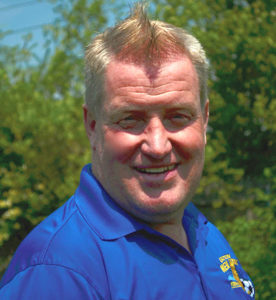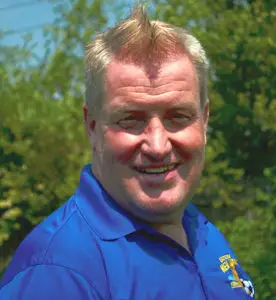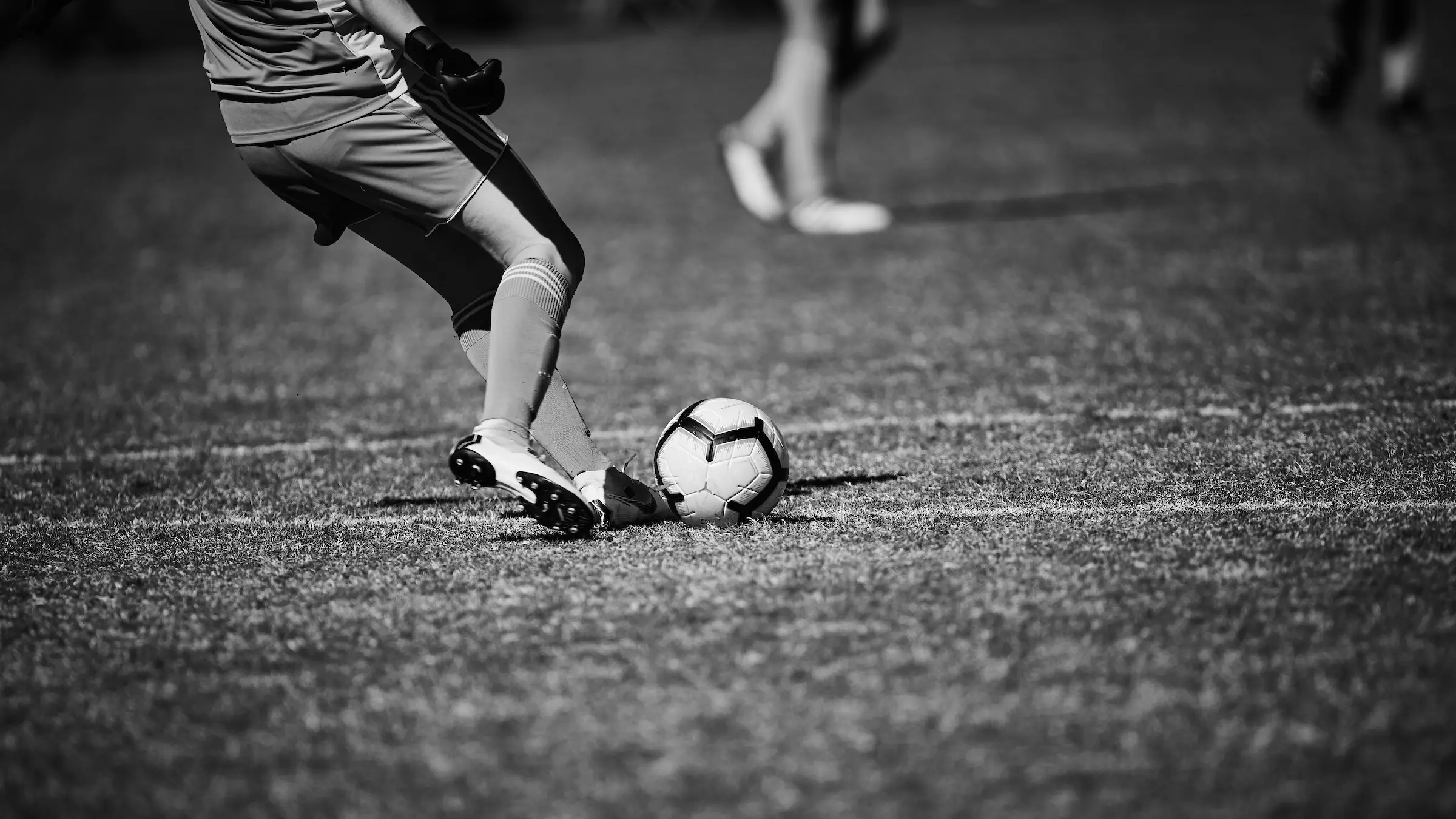 More than 12 years ago, I was fortunate enough to get accepted onto the Master Coach Diploma of the NSCAA (now United Soccer Coaches). At that time, it was the first proper class for this new diploma and I considered it a huge honor. It was an interesting journey for many reasons and as is typical of all courses, I met some great people and some great ideas. One of the main ones has stuck with me to this day and is reinforced every time I go to a club’s fields or intramural program. The idea as a simple one. We need to flip youth soccer club’s upside down.
More than 12 years ago, I was fortunate enough to get accepted onto the Master Coach Diploma of the NSCAA (now United Soccer Coaches). At that time, it was the first proper class for this new diploma and I considered it a huge honor. It was an interesting journey for many reasons and as is typical of all courses, I met some great people and some great ideas. One of the main ones has stuck with me to this day and is reinforced every time I go to a club’s fields or intramural program. The idea as a simple one. We need to flip youth soccer club’s upside down.
We need to grow the game and invest our best resources, starting with our most educated and talented coaches to work with the youngest age groups within a club.
It is still tragically true that most clubs leave the players seven and under with the most novice of coaches. Often providing no educational support for the coaches that deal with the players at these key stages. At any age, a coach should understand the developmental needs of the players in front of them. They should have a basic understanding of the cognitive, physical and social needs of the kids they are trying to teach. It is true that you can go fields with kids at all ages where coaches ignore the developmental stage and needs of the kids and make the learning process all about their own perception or that of the parents. Satisfying their own needs and competitive desire of the parents before those of their players is the unfortunate truth and when this happens at the ages of five, six and seven, the result is more damaging and ultimately leads to more players leaving the sport.
I think it is time that clubs put their very best and knowledgeable coaches with these younger age groups. Coaches that truly understand their egocentric nature, their lack of understanding of space, their ability to re-energize in 3 secs, their desire to run, dribble and express themselves with the ball and perhaps above all their desire to have fun. To coach this age group, you need to have great understanding of child development learning (and teaching) and of course the game, or more specifically ways to adapt the game so that it remains fun for the youngsters playing it.
The unfortunate truth is a little more tragic. Most boards and clubs decide this is the age group that needs the least help. It is okay to give them a parent/coach who is given no support. Alternatively, they give the program over to a training group, with no check of credentials or curriculum and look for as many ways as possible to cut the costs. So poorly-trained coaches end up with so many kids they just cannot cope. Instead of getting lots of quality individual interactions with a qualified coach, they get zero interactions and fight to survive amongst the masses. When game day arrives, they are turned over to coaches and parents telling them to spread out and pass (they do not understand space and want to dribble). I truly believe that these intramural game days with players seven and under have so much potential and yet fall so far short.
So, we need to start over, and I suggest the following to help:
- Provide adequate training on child development for coaches working 7 and under.
- Provide a fundamental piece on learning and teaching for coaches in these programs.
- Provide a program of skills, games and a suitably adapted small-sided game so that training can be fun.
- Offer these players at least two soccer experiences per week.
- Provide at least three parent conversation evenings where the importance of these formative years can be explained and discussed.
Top Ten Things for Under-7 coaches to focus on:
- Greet each child with smile and hello.
- Be animated, fun and get down to their level. (height)
- Give each player as much time with a ball as possible, avoid drills and everything should be a game or activity.
- Let them explore with their bodies – physical literacy in fun games.
- Focus on these soccer skills – dribbling, ball manipulation, hitting targets (passing) and receiving.
- Coach in short concise bursts (they reenergize quickly)
- They can think, so coach in questions rather than commands.
- Avoid shouting, spread out and celebrate when they dribble.
- They are not mini-professionals, avoid formal stretching and running with no ball.
- You are the most important coach they will have – do all you can to be great!
Come on, let’s start over!








